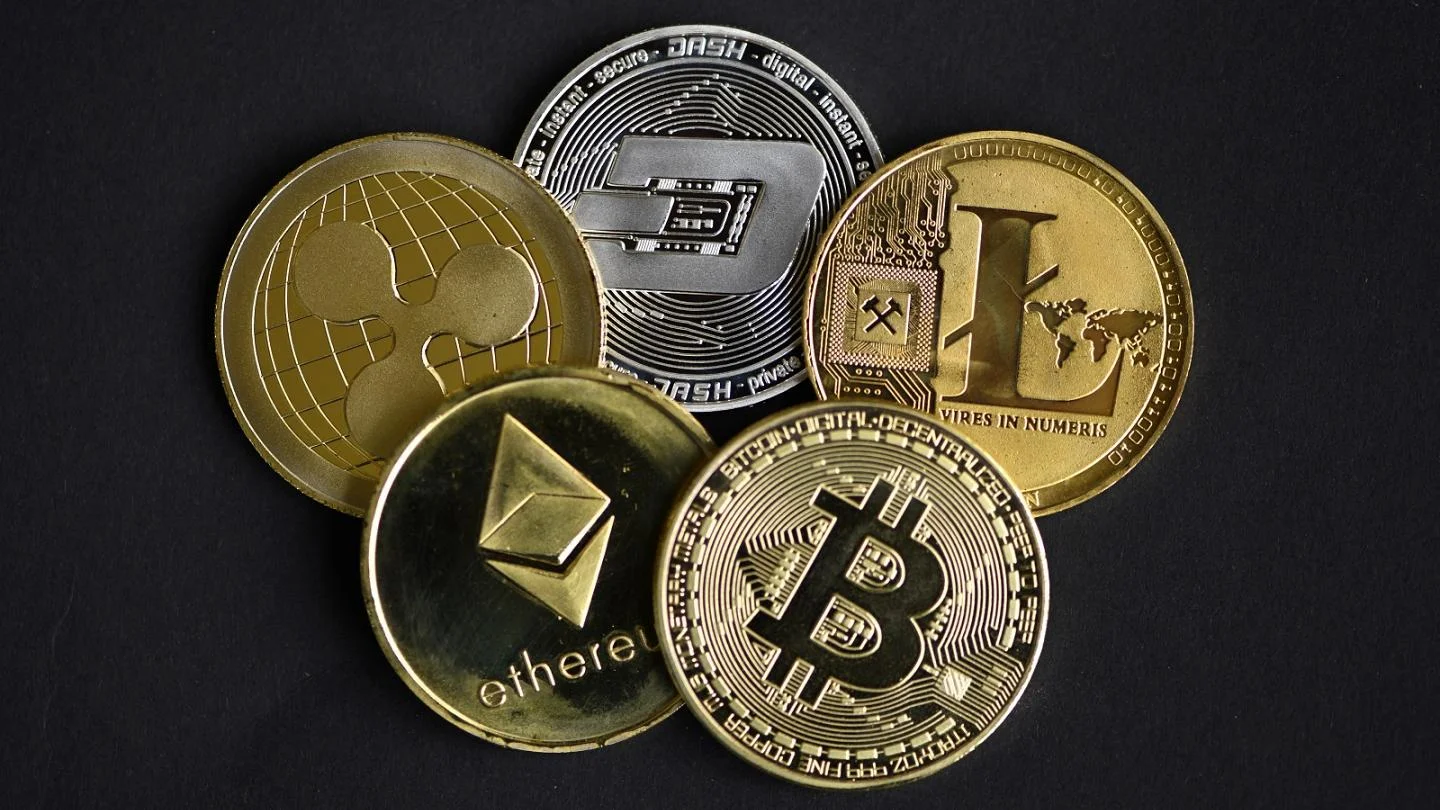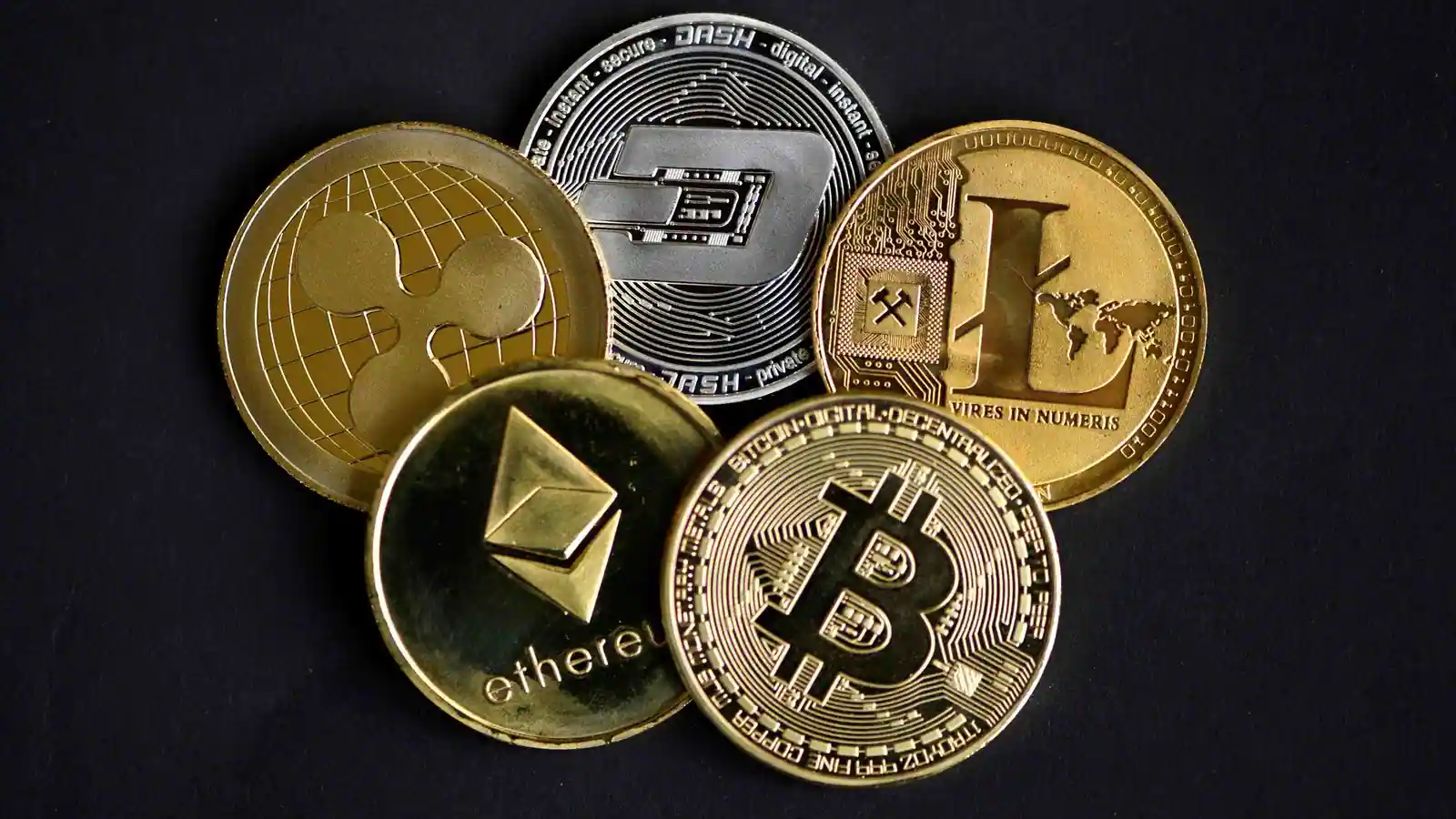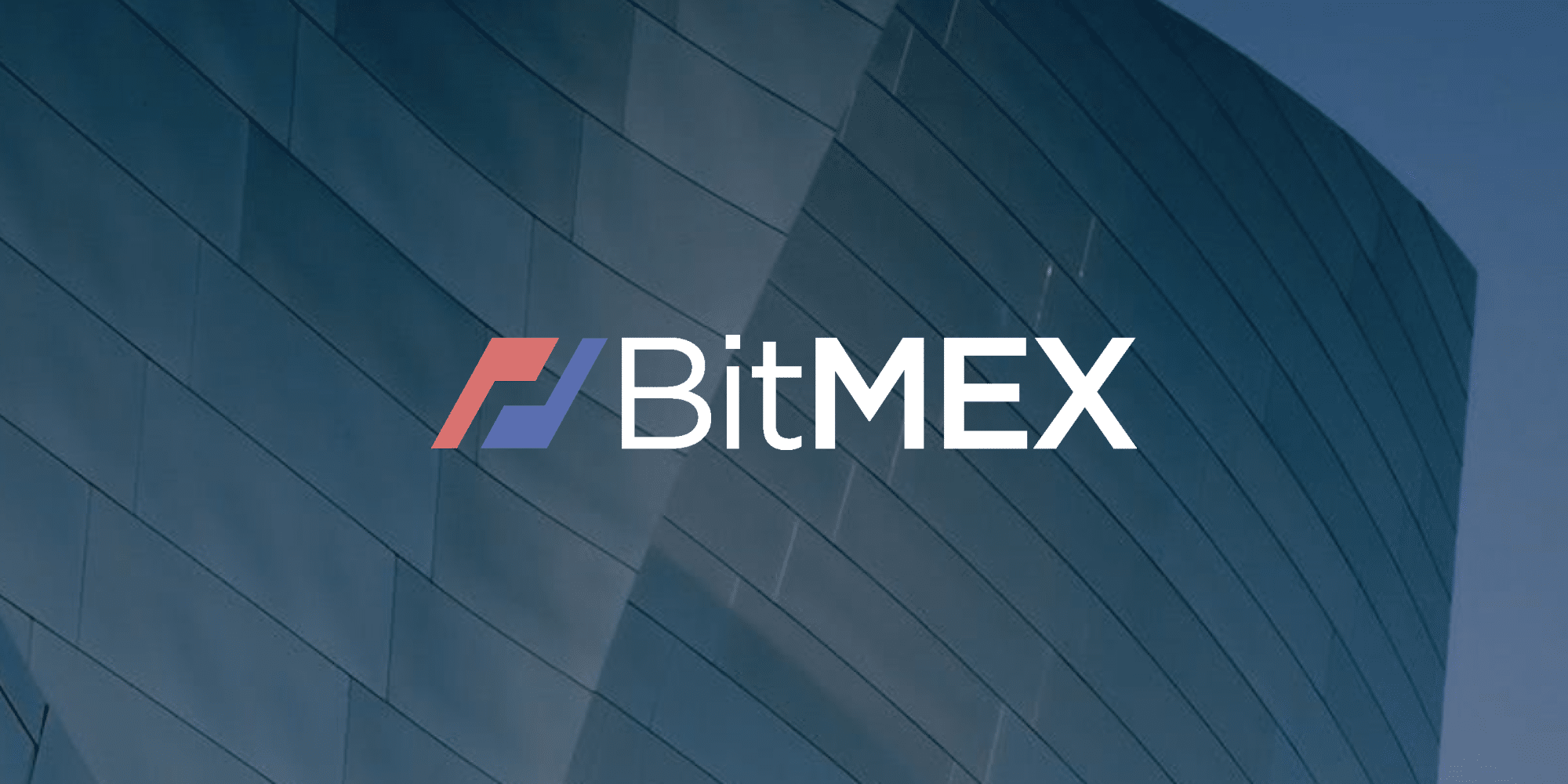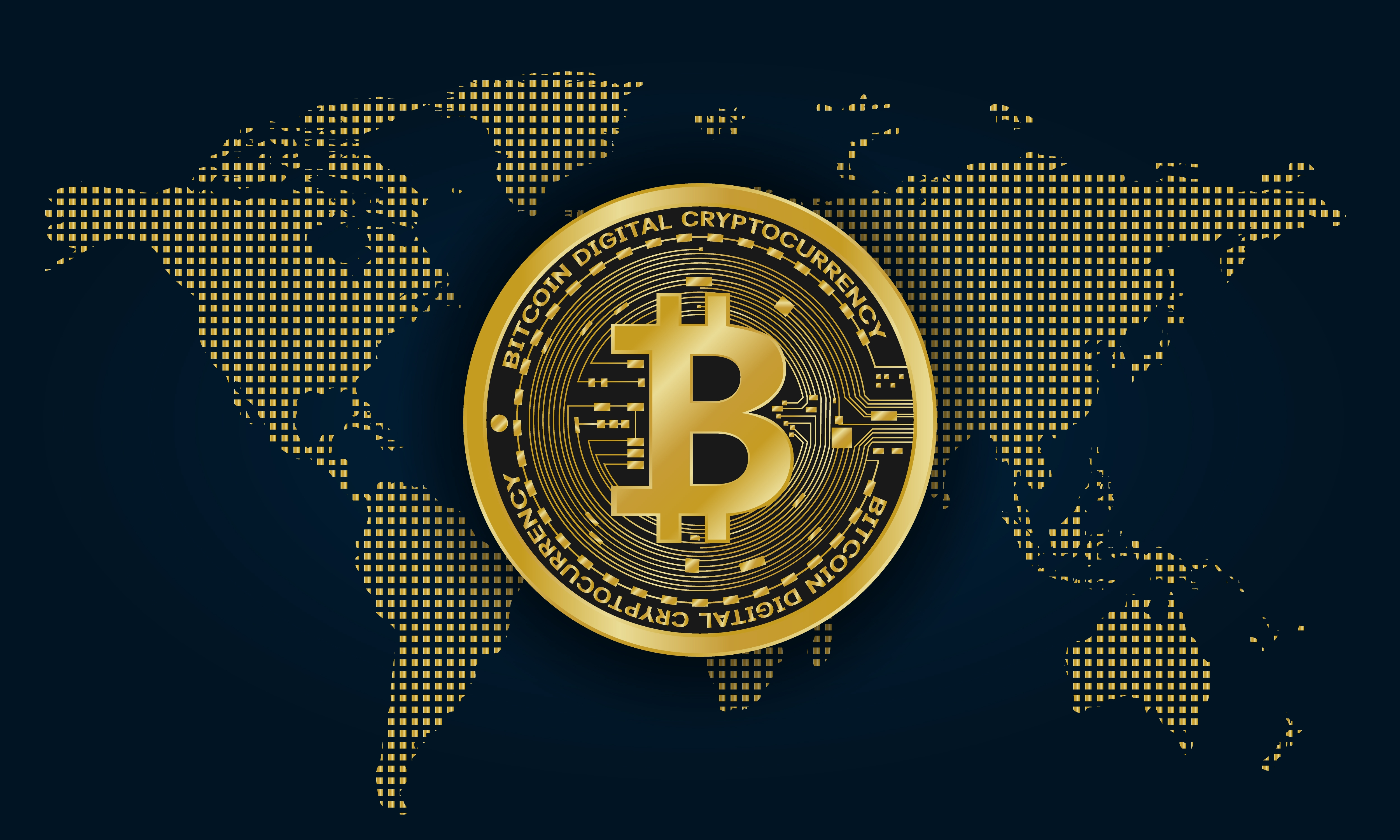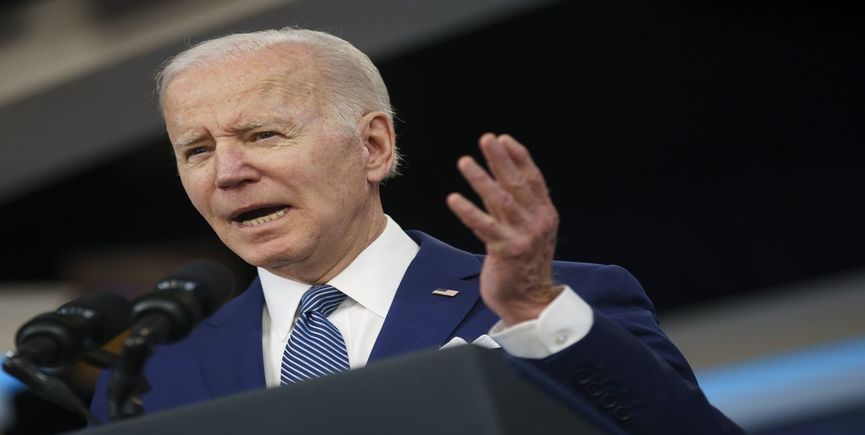
- April 24, 2022
As regional rivalry heats up, cryptocurrency exchange Kraken is planning to operate in the United Arab Emirates.
- After acquiring a complete licence to operate in the country, Kraken will create an office in Abu Dhabi and become the first exchange to offer UAE dirham trading, according to Curtis Ting, Kraken's managing director for Europe, the Middle East, and Africa.
- The influx of cryptocurrency businesses in Dubai and Abu Dhabi is due to a sense of "more regulatory clarity," according to Citi.
- The Middle East is one of the world's fastest-growing cryptocurrency markets, accounting for 7% of worldwide trade volumes, according to Chainalysis.
THE UNITED ARAB EMIRATES, ABU DHABI — After acquiring a complete licence to run a regulated trading platform in the UAE, US cryptocurrency exchange Kraken is expanding into the Middle East and will open its regional headquarters in Abu Dhabi.
"We're incredibly excited to be able to set up our operations right in the ADGM [Abu Dhabi Global Market] itself to operate a virtual asset platform that finally offers Dirham pairs for investors in the region," Kraken's managing director for Europe, the Middle East, and Africa, Curtis Ting, stated to Dan Murphy.
After receiving regulatory permission from the ADGM and the Financial Services Regulatory Authority for its local launch, Kraken will become the first cryptocurrency exchange to provide direct funding and trading in UAE dirhams against bitcoin, ether, and a variety of other virtual assets.
"It's critical for us to ensure that investors and traders in the region have access to local currencies in order to promote access to global markets and global liquidity," Ting added.
The UAE launch represents a bigger move into an increasingly lucrative market, according to Kraken, which launched in 2011 and now operates in over 60 countries. According to Chainalysis, the Middle East is one of the world's fastest-growing cryptocurrency markets, accounting for 7% of worldwide trade volumes.
Each year, the UAE trades around $25 billion in cryptocurrencies. According to Chainalysis statistics collected between July 2020 and June 2021, it ranks third in terms of volume in the area, behind Lebanon ($26 billion) and Turkey ($132.4 billion).
"One of the reasons we see an influx of entrepreneurs, builders, operators, and developers coming to Abu Dhabi and Dubai... is because there is a sense of greater regulatory clarity at ADGM, in Dubai, and at a federal level," Ronit Ghose, global head of banks research at Citi, said on Thursday on CNBC's "Capital Connection."
"Some of the talent the UAE has attracted in the previous 12 to 24 months under COVID is frankly astonishing," Ghose added. "Is it truly starting to establish itself as a crypto hub as well as a Web3 hub?"
Binance, the world's largest cryptocurrency exchange by trading volume, is one of the companies exploring expanding into the Middle East, where cryptocurrency trading is growing more common.
In recent weeks, Binance received clearance to operate in Abu Dhabi, and the company will be hiring for over 100 employees in the country. Last month, fellow exchange Bybit gained approval to open a regional headquarters in Dubai, while FTX received a virtual-asset licence in Dubai and will open a regional headquarters soon.
Rival financial cities such as Singapore and Hong Kong are also attempting to develop fully regulated settings for cryptocurrency trading, in order to attract investment and trading volumes in an increasingly competitive climate.
While the UAE may be wooing some of the world's largest crypto firms, it is also coming under increasing international scrutiny for failing to do enough to combat so-called dirty money flows. According to recent reports, crypto businesses in the UAE have been inundated with requests to sell billions of dollars in virtual currency as Russians seek a safe haven for their assets, notably real estate in Dubai, during the Ukraine conflict.
The Financial Action Task Force, the world's primary anti-money laundering agency, added the UAE to its "grey list" of countries that require extra scrutiny last month. The UAE joins Syria, Turkey, and Panama on the FATF's list of nations that must address money-laundering issues.
"It's critical for us to focus on AML (anti-money laundering), KYC (know-your-customer), and other significant compliance issues," Ting said.
"I believe that consumers should have faith in the safeguards that regulators are putting in place to ensure that if they are exposed to and have access to platforms that sell cryptocurrencies, they are doing so in a way that is accountable."

